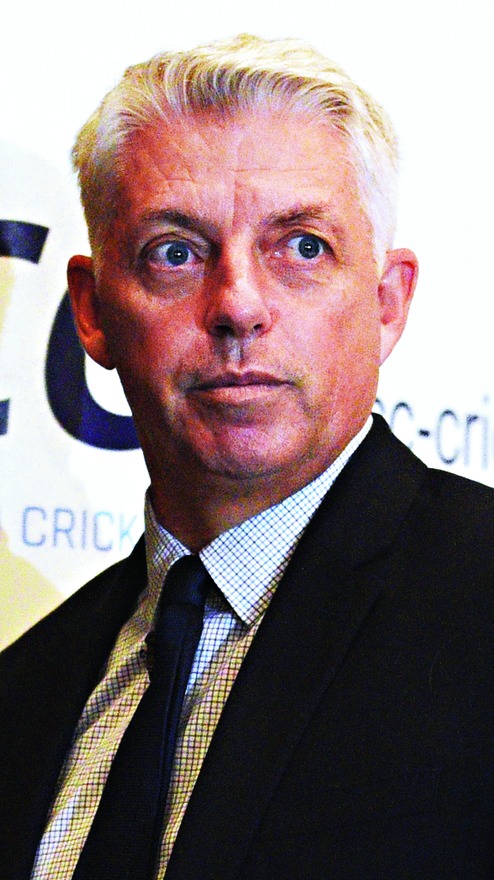
London: The International Cricket Council (ICC) will meet representatives of the channel that claims to have unearthed ‘spot-fixing’ and ‘pitch-fixing’ in Test matches through a sting operation, insisting that the allegations will not be brushed under the carpet.
The Qatar-based Al Jazeera has claimed that pitches of matches involving India, Sri Lanka, Australia and England were doctored at the behest of match-fixers. The matches in question were India vs Sri Lanka (Galle, July 26-29, 2017), India vs Australia (Ranchi, March 16-20, 2017) and India vs England (Chennai, December 16-20, 2016).
The ICC while launching an investigation, had said that the news network was refusing to share the unedited footage of the sting, a claim also reiterated by the cricket boards of England and Australia. But ICC chief executive Dave Richardson said they are set to meet Al Jazeera officials very soon.
“I am always concerned if people are talking about fixing in cricket. I am a little perturbed by any accusation that we would attempt to sweep it under the carpet, or pretend that nothing has happened,” Richardson was quoted as saying at a 2019 World Cup event in London on Wednesday.
“So we will investigate fully. We are meeting with them (Al-Jazeera) in the next couple of days,” he added.
Richardson said despite the Anti-Corruption Unit (ACU) putting all deterrents in place, all forms of cricket including Tests remained vulnerable. “It (Test) is as high a risk, but we’ve got the mitigating measures in place to make sure that it cannot have any impact,” Richardson said.
“And, yes, it would be very surprising if international cricketers were able to be got to. And because that target has been hardened, these guys are now trying to create their own leagues, at a much lower level, and the danger is they will start going to domestic tournaments and leagues that are televised.”
Richardson said his first reaction having watched the documentary was anger that there were people who are essentially “criminals” that are “swanning around” the game to destroy its integrity. “We are obviously very much aware there are these types of individuals and criminal groups around world who are trying to get into cricket, trying to get hold of players, trying to get hold of groundsmen. But it was reminder that these guys are at work and they are not going away and we’ve got our work cut out trying to disrupt them.
“So what we need to make sure is that anyone staging a T20 domestic tournament — especially televised — that they have in place minimum standards. To make sure they have an anti-corruption code in place, that all the players are educated, and that we are monitoring the franchise owners, the people involved in the tournament, doing due diligence,” said Richardson.
In the documentary, one of the persons that Al Jazeera interviewed implied that anti-corruption officials employed by the ICC were either compromised or could easily be sidestepped by fixers with money and connections.
“At this stage there is no evidence to suggest that is the case, but one of the allegations that has been made and we will look at it,” Richardson said. “If your own officials, hired to do the job of protecting the integrity of cricket are compromised in any way obviously that is a concern. There is no evidence to suggest at this stage that is the case.”
Talking about doping in cricket, Richardson said the WADA-compliant ICC tries to keep the game clean but also stressed that cricket was not the kind of sport in which the participants would feel the need for performance-enhancing drugs.
“The nature of cricket hasn’t made doping a high risk. Historically, cricketers haven’t felt the need to bolster their performance by using drugs.”
“Having said that, with T20 coming to the fore, we recognise that potentially it could become a bigger risk going forward” he added.
Agencies










